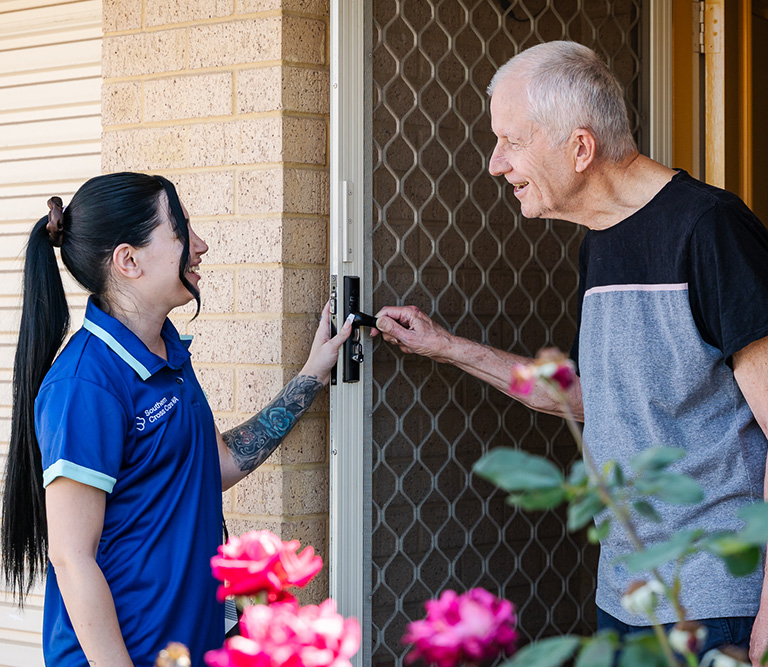Over the next few years, we will see many positive changes to aged care, making it better for older Australians. These changes are based on recommendations from the Royal Commission into Aged Care Quality and Safety, which called for reforms to focus on the needs of older people.
The new Aged Care Act aims to improve the quality of care for those using aged care services by putting their rights and needs at the centre of the system. This animation will help you understand these changes and how the different parts of the new Act fit together.
The Australian Government’s Exploring Aged Care booklet can also help you understand these updates and how they affect you.




